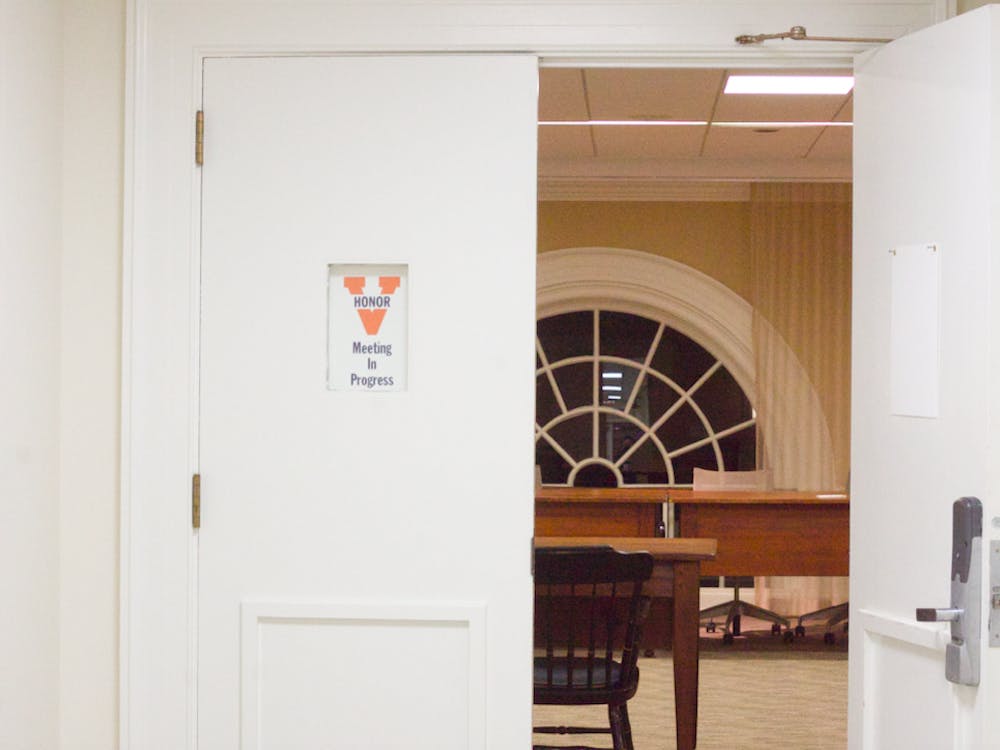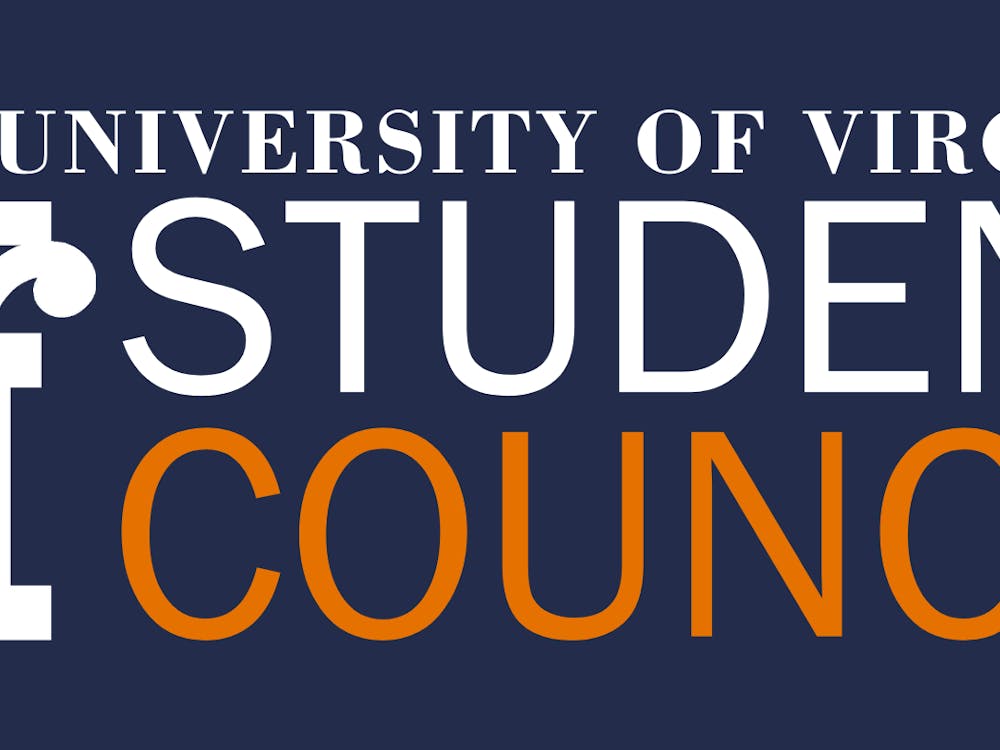This past week has seen a flurry of articles, posts and opinions regarding the two options dealing with our honor system’s sanctioning requirements and framework, which will be on the ballot under the first Honor referendum. This is an important debate, and it affects the very foundations and precepts upon which the future of honor will be built at the University. However, scant attention has been paid to the second referendum that has been proposed, by the Honor Committee itself, in an attempt to rectify what they view as an untenable situation resulting from last year’s constitutional amendment. Their argument rests on notions of efficacy and appropriateness, which I am sure originate from good intentions; their recommendation, however, is an unacceptable abrogation of student self-governance and a dangerous decline of responsiveness between the institutions of self-government and the student body they exist to serve.
The current constitutional text, passed by a majority of students in the spring of 2015, reads as follows:
“Should a majority of voting students vote affirmatively on a non-binding question of opinion pertaining to the Honor System in a University-wide election, the Honor Committee shall, in the following year, put such question before the student body as a binding constitutional amendment.”
The Committee’s proposal, on the other hand, would allow them to choose for themselves how best to respond to non-binding questions approved by the majority of students; indeed, their response need not result in a subsequent binding referendum whatsoever, nor even be entirely consistent with the thrust or import of the original question. This revised amendment to the constitution would require that the committee simply respond in some form to issues which the majority of the student body have indicated are both serious and pressing, empowering the Committee to determine both the method and substance of that response. Essentially, it allows future Committees the ability to largely sidestep the democratic process currently in place, which privileges the mass of student voices and requires that they be answered in ways that are permanent and profound.
Now, the Committee’s principal defense of its amendment is that the current text actually limits their ability to respond appropriately to student opinion, as it binds them to react in the form of a constitutional amendment; I agree. The majority of referenda that will likely be ratified in the form of non-binding questions belong in the by-laws, not the Constitution, which the Committee makes clear. However, their proposed text attempting to redress the situation does more harm than good, as it replaces a clause which is too narrow with one which is far too broad, granting Honor such a wide degree of latitude in such ambiguous phrasing that the potential for contravening exactly what the student body demanded in last year’s elections, improved responsiveness, actually increases. The problem isn’t iniquitous intent; it’s poor draftsmanship.
If we are to accept the privilege and responsibility of student self-governance in its entirety, then we must not only guard against usurpations by the University administration, but by the very institutions we have established in pursuit of our independence. The language of the amendment is inimical to that very interest, locating power over the fundamental structure of our honor system not in the voices of the many, but in the hands of a few. The current text is in need of improvement, but that desire for reform should not outweigh the prerequisite that the improvement improve, rather than simply change. In the project of self-governance, accountability and responsiveness to the student body should be the primary standards by which we measure our institutions; under that metric, this amendment would damage, rather than reaffirm, our commitment to democratic independence. I urge you to vote no on Honor Referendum II.
Eli Weiner is a second-year in the College.





